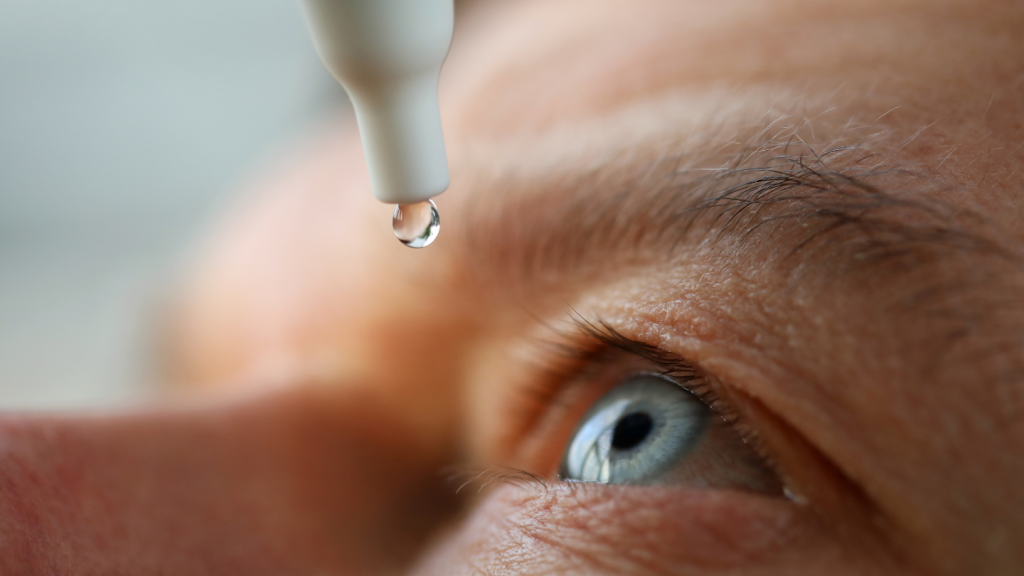Israel-based Tarsier Pharma will seek advice from the US Food and Drug Administration (FDA) after its TRS4VISION trial failed to meet its primary endpoint.
The company has said that the primary endpoint of total resolution of inflammation in week four was not met in the Phase III study of TRS01 eyedrops, a 1% ophthalmic solution. Despite this, the results show a blend of safety and inflammation resolution that is promising in the treatment of non-infectious uveitis and specifically in uveitic glaucoma.
Chief operations officer Zohar Milman said: “Tarsier believes that the benefit of TRS01 outweighs the potential risks for non-infectious anterior uveitis patients and especially in the patient population in which steroids should be avoided including patients with glaucoma, ocular hypertension and steroid responders. Tarsier plans to consult with the FDA on the best path forward.”
Results of TRS01 trial
Ocular pain and flare, two key indicators of active uveitis inflammation, were comparable between TRS01 and the active control arm. The steroid active control was effective at the end of the treatment period, however, the inflammation resolution was transient, with a two-fold higher rebound rate.
Intraocular pressure (IOP) was higher in the steroid active control arm after four weeks of treatment compared to the TRS01 arm. Steroid-induced IOP elevation is a known side effect of steroids. A higher proportion of patients with a total resolution of inflammation from TRS01 maintained an IOP lower than 16mmHg. The study found that TRS01 has a favourable safety and tolerability profile in non-infectious uveitis.
Overall, the results demonstrate the potential for TRS01 to deliver a risk-benefit product profile of sustained resolution of inflammation and stable IOP.
Details of the TRS4VISION trial
TRS4Vision was a randomised, multi-centre, active-controlled, double-masked study that evaluated the safety and efficacy of TRS01 eye drops. The trial took place over four weeks, followed by a two-week follow-up period.
The drops were trialled in 142 patients across 30 sites in the US and Europe with active non-infectious anterior uveitis including patients suffering from uveitic glaucoma. Patients were randomised two to one to receive TRS01 or a steroid active-control eye drop.
The active compound in TRS01 is dazdotuftide, a first-in-class drug with a new and unique mechanism of action, for the treatment of ocular blinding diseases of the back and front of the eye.
Tarsier is developing TRS01 for front-of-the-eye indications and as a slow-release biodegradable intravitreal injection, TRS02, for targeting back-of-the-eye blinding indications with an underlying inflammatory pathology.
















